week 37 / 2025: a room of one’s own
It’s been wall-to-wall logistics around here this week, as I’ve been moving in to a new studio/office space...
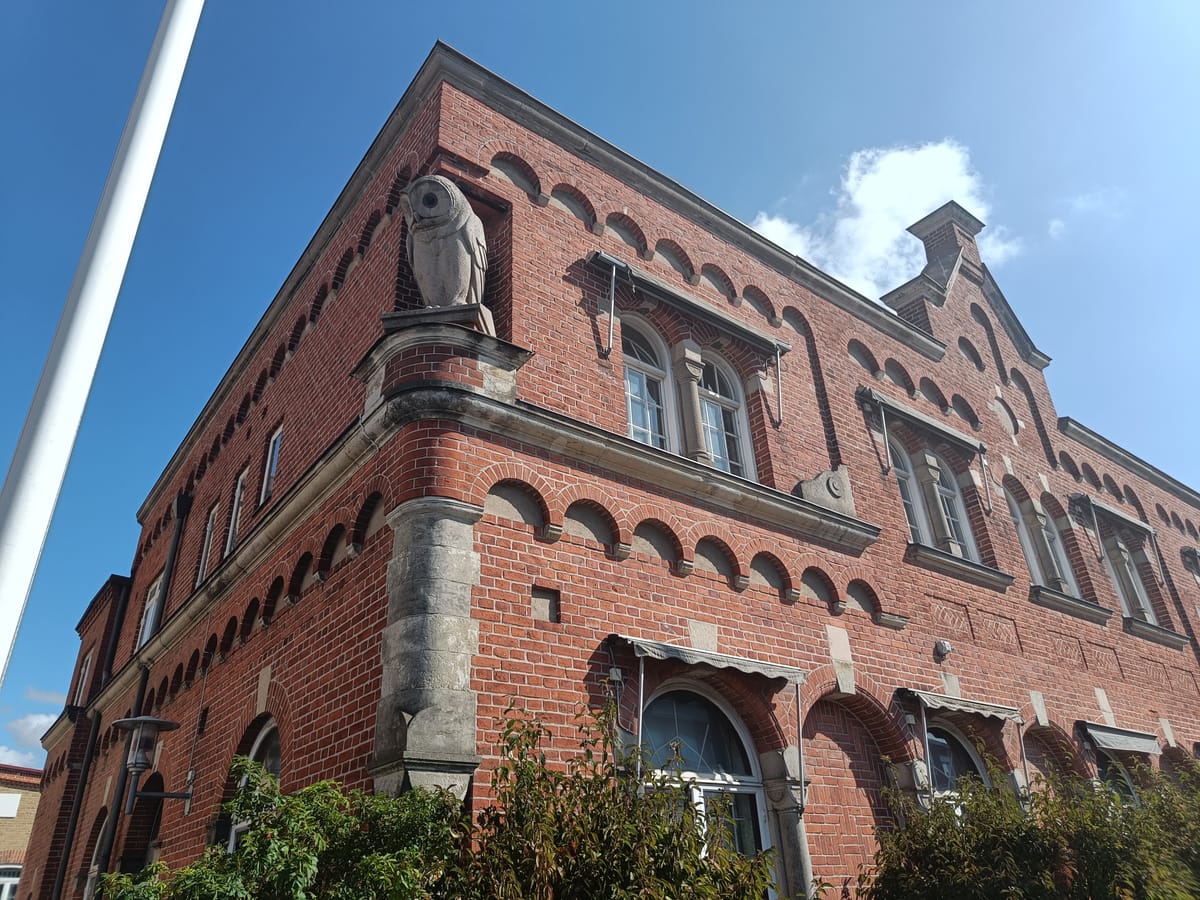
“Blue, blue, electric blue / is the colour of my room…”
Attention Conservation Notice: it’s a short weeknotes this week, with no “essay” component. So, if you’re here for the thinky stuff rather than the operational ledger, you’d be forgiven for skipping this installment! Normal routine—or at least what passes for such around these parts—should be restored next week.
Three reasons for the shirking: first of all, this week has been somewhat slowed down by a classic back-to-school September cold. Nothing too heavy, but enough to make everything seem a bit more effortful, you know?
Secondly, a chunk of time this week (and the week before) have been given over to the logistics of moving into my new studio/office space!
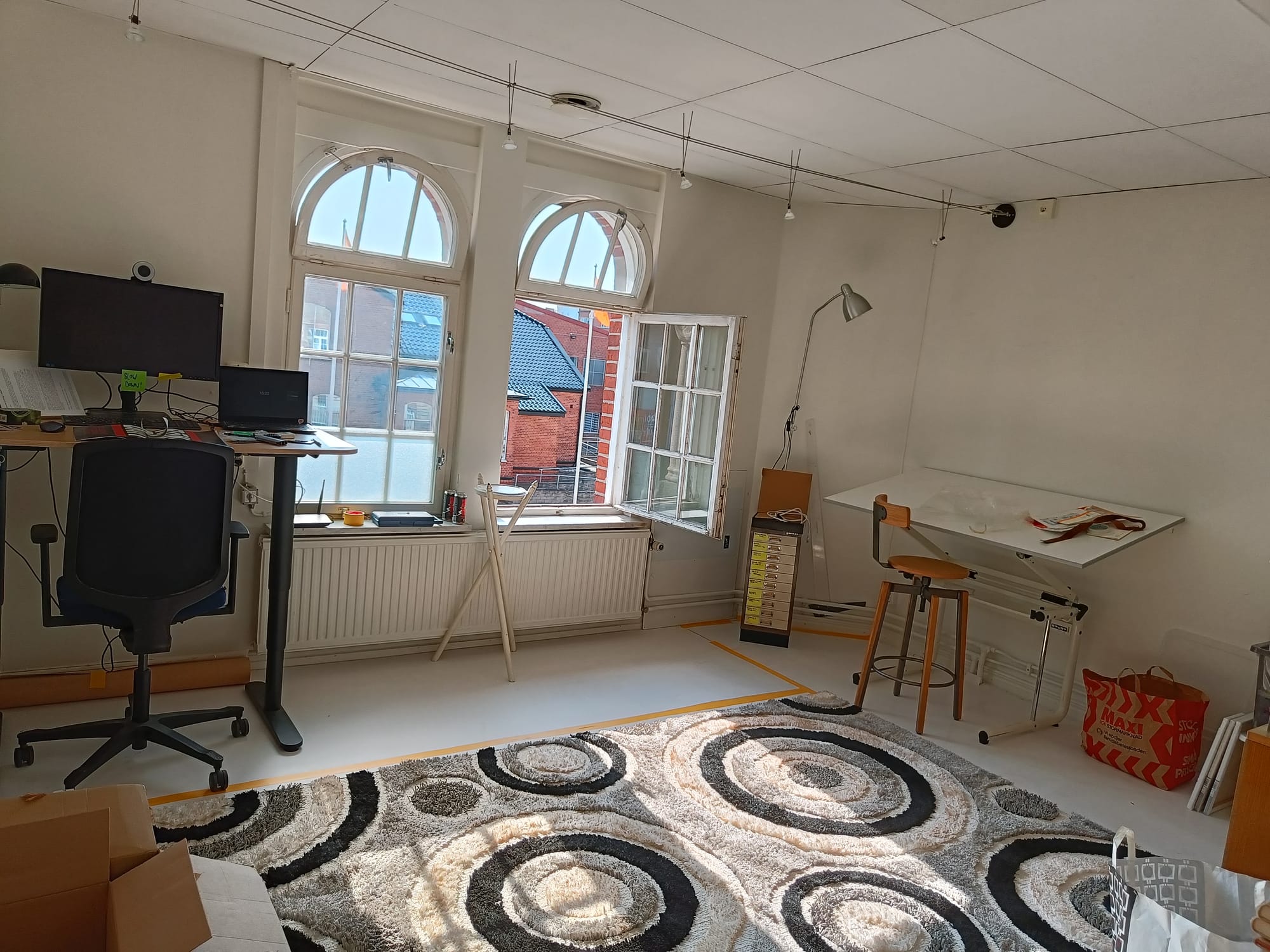
As someone who has been working from home for the majority of the last two decades, this is a special moment for me: a chance for work to be somewhere I go as well as something I do, and space to mess around with my visual art practice without further cluttering my home. I’m looking forward to having a much sharper line between being “on” and “off”, workwise; indeed, the last few evenings of this week have already felt very different, now that my desk and laptop and monitors are no longer in my apartment.
(OK, I have my back-up laptop at home, so I can write straight into Obsidian when the mood takes me, and I have my rescued-from-the-bin-sheds gaming rig for entertainment purposes... but my work machine is staying on my work desk, at work. At work!)
Thirdly, I’ve spent a bunch of time this weekend co-directing some scenes for a short film I’m involved with! (This is the recently announced PROJECT LYNCH, of course.) Making movies is a new medium for me, and this a fun little collaboration which—rather like my collage sequence from earlier in the year—has a nice motivating deadline that’s connected to an exhibition at the end of the month.
In other words, it’s been a very busy, transformational sort of week! Hence giving myself permission to not write an essay for this week’s weeknotes. I hope you’ll forgive me. :)
(I should probably also admit that, contra the lyric quoted above, by new room is not electric blue, nor indeed any sort of blue. But I still couldn’t resist such an obvious excuse to reference what is perhaps my very favourite Bowie song.)
reading
Viv Albertine is—or perhaps more accurately was—best known as the guitarist from the punk-adjacent band The Slits. Her autobiography Clothes, Clothes, Clothes. Music, Music, Music. Boys, Boys, Boys. came out a bit more than a decade ago now, and is formatted into two “sides”, like an analogue album. The first side details her penurious childhood and arty adolescence, and gives an insider’s account of the UK punk scene which refuses to either glamourise or condemn it.
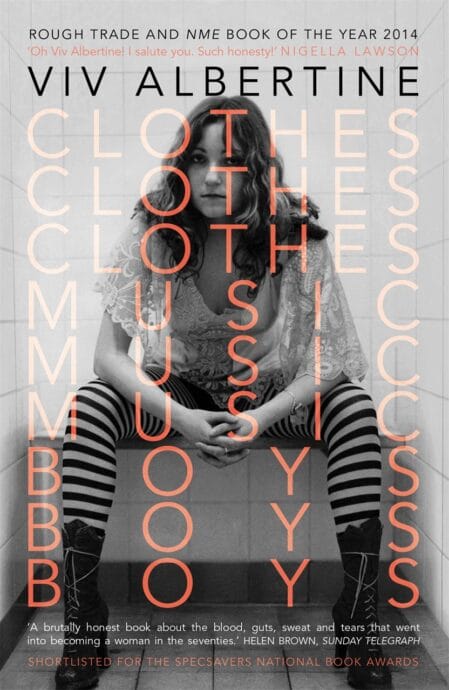
Indeed, Albertine’s approach is very warts-and-all, even—or perhaps particularly—when it comes to herself. It’s pretty clear from the get-go that you’re getting an intimacy that’s unusual less for its level of self-exposure (which has long been par for the biographical course) and more for its honesty and even-handedness. Yes, we hear about some bad things done by people who have been classified as “good” in the canonical histories, but we also hear about the good sides of some characters who have for the most part been consigned to the cancellation bin since before that term gained currency. I’ve been reading histories and biographies of the punk years for decades, now, and I think this is the first one I've read that made the effort to depict Sid Vicious as a real human being.
(That said, I still think I’d have found him an unbearable wanker if I’d ever met him. But, well—a lot of people have thought the same of me at a similar age, I’m very sure, albeit for rather different reasons. I only wish I could be equally sure that someone else might, a la Albertine, choose to humanise that younger me in their memoirs.)
The second side of the book is Albertine’s life post-Slits, which starts off in the very early 1980s with a pivot into bourgeois creative professionalism and a happy marriage before giving way to a harrowing near-decade of endless IVF procedures and repeated failure to carry the resulting pregnancies to term. Eventually she bears the daughter she’d always wanted, only to then find out that she has advanced cervical cancer, and has to fight that at the same time as post-partum depression. Her little family move to Hastings where she slowly recovers (kind of) only to realise she’s trapped in a loveless marriage with no creative outlet and no meaning to her life other than caring for her daughter. The last seventy pages or so document her climbing out of the hole, canning the husband, putting the kid (and herself) back into a much less blandly-middle-class milieu, and slowly and painfully getting back into making music and art.
It is a remarkable testament of a remarkable human being, who was very much in the midst of one of the best-known (but most poorly understood) cultural moments of the late C20th, but whose life after that moment is testament to the struggle to reconcile its contradictions, not only politically, but also personally and artistically. I rattled through it in two evenings.
a clipping
This piece at The Verge is a long, long read in simultaneous celebration and defence of the “old-school” web’s least glamorous but most vital survivor, namely Wikipedia.
Wikipedia is the largest compendium of human knowledge ever assembled, with more than 7 million articles in its English version, the largest and most developed of 343 language projects. Started nearly 25 years ago, the site was long mocked as a byword for the unreliability of information on the internet, yet today it is, without exaggeration, the digital world’s factual foundation. It’s what Google puts at the top of search results otherwise awash in ads and spam, what social platforms cite when they deign to correct conspiracy theories, and what AI companies scrape in their ongoing quest to get their models to stop regurgitating info-slurry — and consult with such frequency that they are straining the encyclopedia’s servers. Each day, it’s where approximately 70 million people turn for reliable information on everything from particle physics to rare Scottish sheep to the Erfurt latrine disaster of 1184, a testament both to Wikipedia’s success and to the total degradation of the rest of the internet as an information resource.
There’s quite a lot of detail about the process that underpins and guides the site, wrapped up in an argument that Wikipedia essentially is that process, which is both its superpower and its Achilles heel. Even if you don’t buy the argument—and I think I buy it slightly more than I don’t, if that’s not a broken metaphor?—then it’s worth reading just to see how Dzieza does the work of making a beleaguered online encyclopedia stand in figuration of the epistemological crisis that characterises the present moment. It’s not flashy writing, by any means, but it’s all the more masterful for that.
ticked off
- Fourteen hours on PROJECT PORTON. (The edits, they are done! Well, I’m sure there’ll be some more back-and-forth before we truly put the lid on it, but we’re very much into the final quibbly bits at this point.)
- Thirteen hours of admyn and logystyx. (I’m folding in all the new-studio activity, here, the temporal bulk of which was packing everything up at the departure end on Monday afternoon.)
- Seven and a half hours on PROJECT LYNCH. (You know what this is now.)
- Four hours of STPLN stuff. (Mostly planning our exhibition for Malmö Gallerihelg at the end of September.)
- Ten hours of undirected writing and reading, as always.
kinmaking
After some confusion over times and dates, the (virtual) Foresight Europe Network meet-up on Thursday afternoon was very agreeable.
I also had the colossal privilege of spending close to two hours in conversation with the mighty mighty Wendy Schultz, a legitimate legend of the foresight and futures world—a true character, generous and wise. We are, as the old line goes, not worthy; thanks, Wendy!
And that’s your lot for this week. Thanks for your patience and your attention, and I hope all’s well with you, wherever you are.
This has been the Worldbuilding Agency weeknotes for Week 37 of 2025. Thanks for reading! If you've enjoyed them, it's free to subscribe. If you are already subscribed, please send to a friend who you think might also like it!


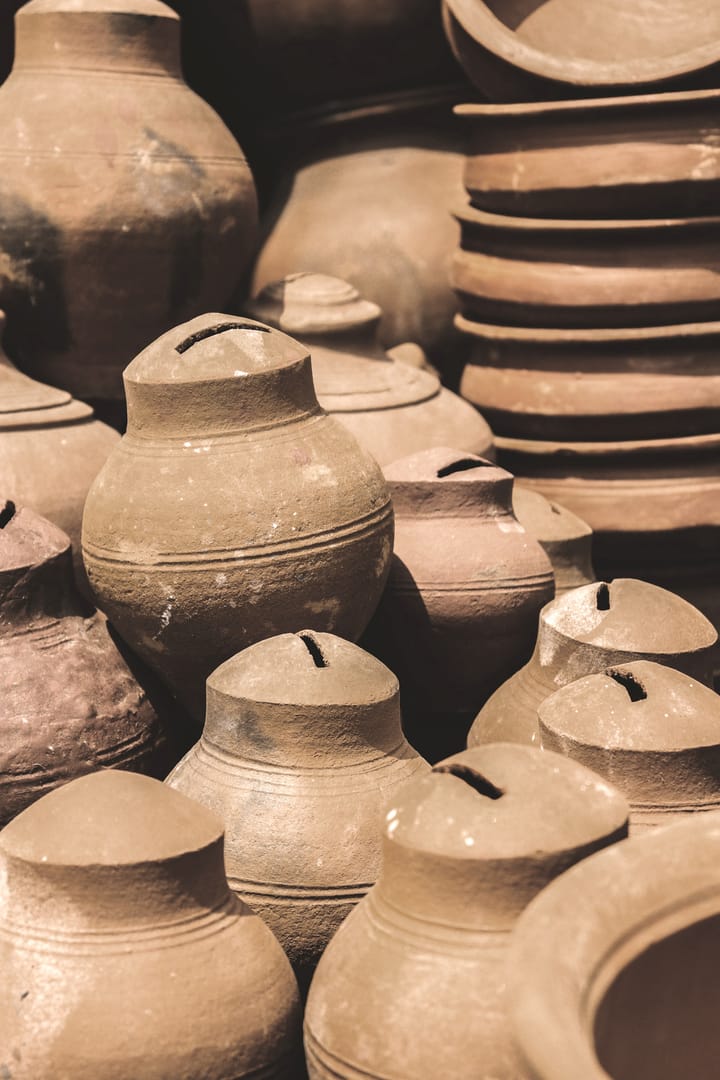
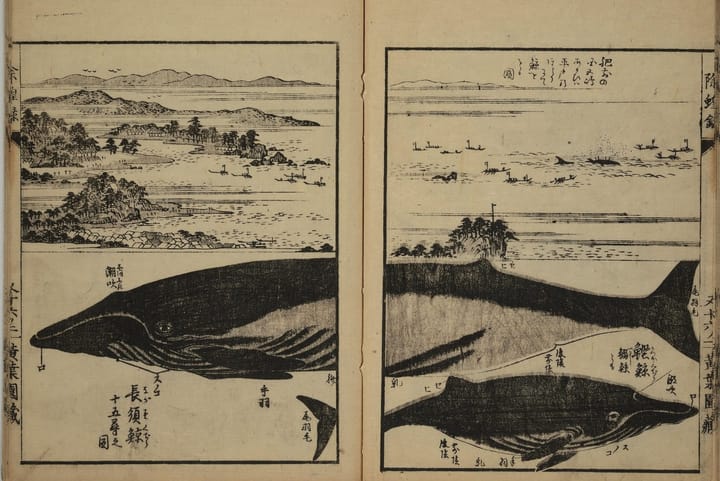

Comments ()